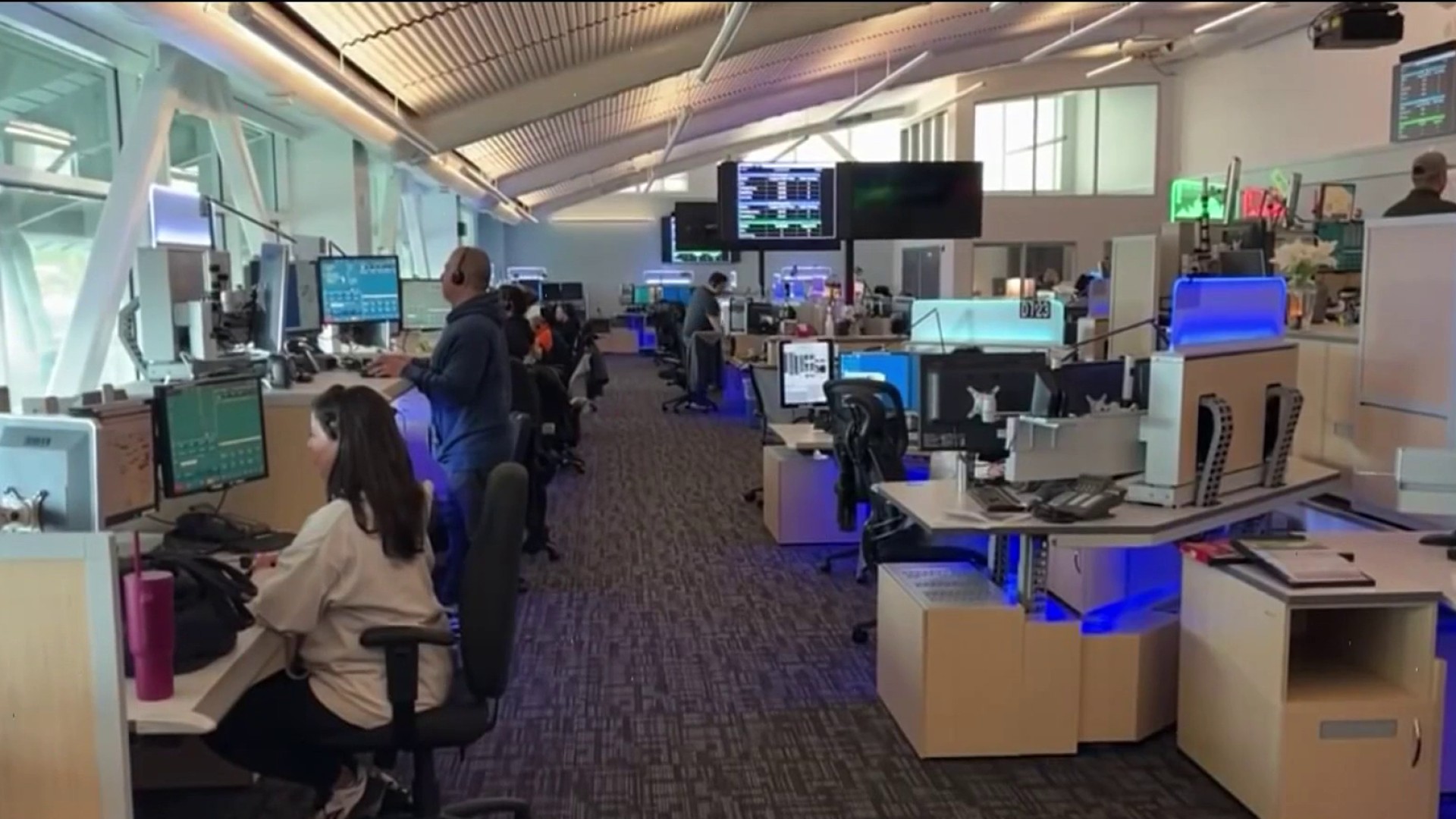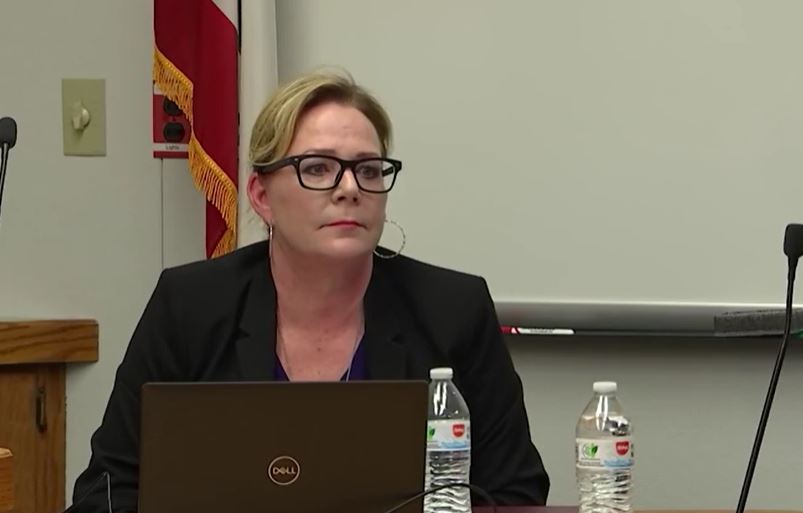A rare event has marine biologists and veterinarians on the beach in Pacifica. They are cutting up a sperm whale trying to determine what killed it.
The necropsy began shortly before noon Wednesday and went on for most of the afternoon.
Early indications show no signs of a ship strike, broken bones or a blunt force trauma. Biologists are still trying to determine what they will do with the carcass, they may bury it on the beach or drag it back out to sea.
The animal is emaciated, but squid beaks were found in its stomach indicating that it had been feeding.
According to researchers, the whale is a male and very likely a young adult based on the size and worn condition of its teeth, but an exact age could not be determined. What killed it still remains a mystery.
The first things investigators are doing is cutting away the blubber, six inches of fat that covers the whales muscles and organs. Tissue samples were taken for research studies.
“It’s like a safety deposit box, we need to get into that front safe to get into the heart of why the animal passed,” said marine veterinarian Caitlin Brown of The Marine Mammal Center.
Local
“Things that we’re looking for are hemorrhage and bruising that would’ve occurred prior to the animals death that would indicate that he suffered trauma while he was alive,” Brown said.
It’s rare to see a sperm whale wash up on a Bay Area beach: this is only the 17th in 40 years.
“Although the ultimate cause of this sperm whale’s death will remain a mystery, what we’ve learned from his necropsy—including basic measurements, age, sex and diet—will contribute to our greater understanding of this endangered marine mammal species,” says Lauren Rust, research biologist at The Marine Mammal Center.”
Small animal vet Rob West came down to volunteer and got assigned to knife sharpening.
It’s not how most people would choose to spend a day off.
Fortunately the whale carcass is still relatively fresh.
Lushan Fernandez brought her kids down to see it. They’re on vacation from their coastal home town of Goa, India.
“What really intrigues us is the care that they take when something like this happens,” she said. “So much are and trouble is not taken back home and this is amazing to see."



